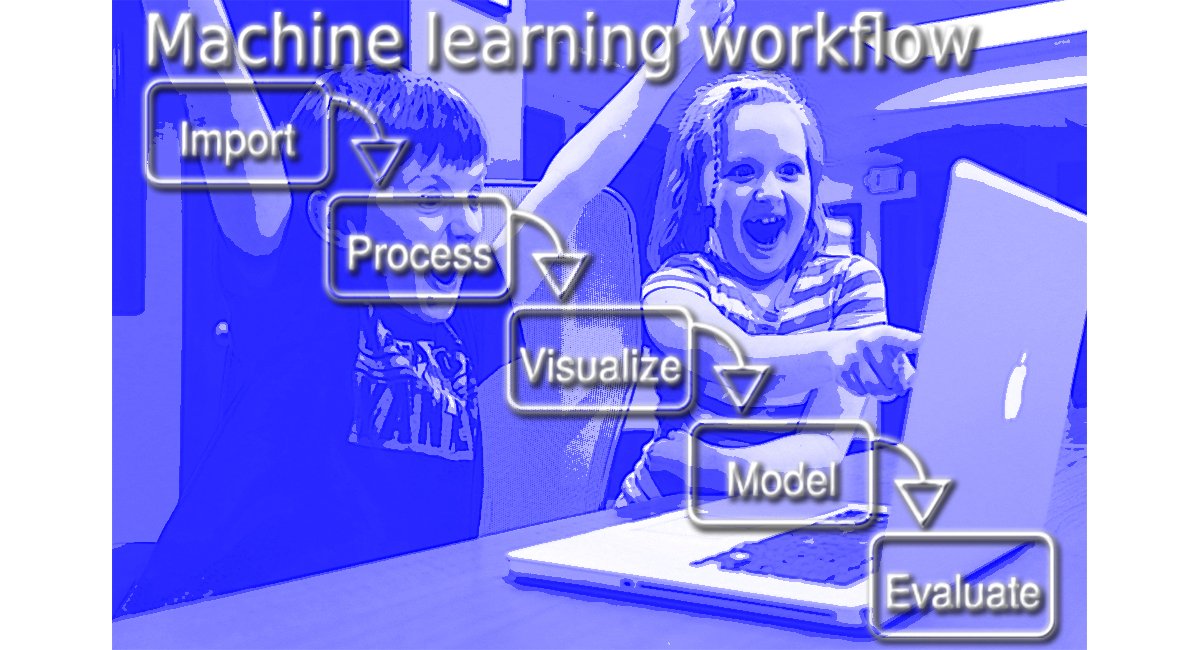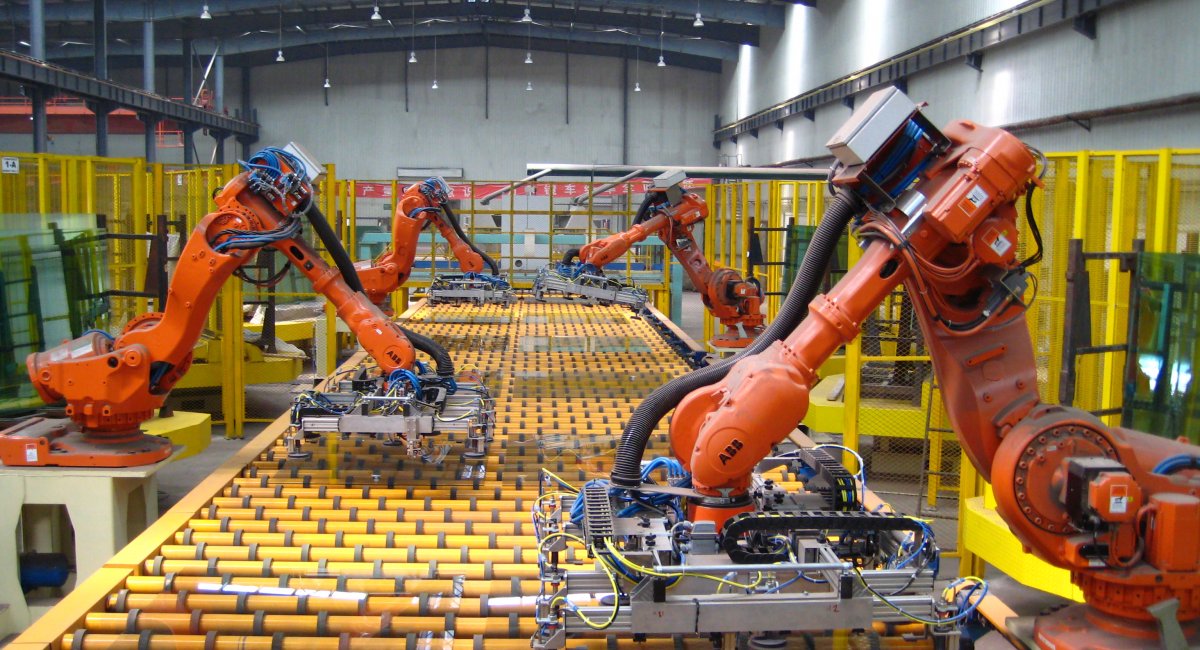Why is Amazon buying Whole Foods?
By Betty, July 27 2017
Amazon swooped in to buy the high-end grocer Whole Foods on Friday, paying $13.7 billion, or $42 a share—a healthy 27% premium on the previous day's closing price.
So what's in it for Amazon?
There are a couple of strategic plays at work for the online retail giant.
For starters, acquiring Whole Foods' 440 US stores—many of them in prime locations—could bolster the network for AmazonFresh, the company's grocery delivery service.
"To efficiently ship groceries to consumers, you need physical distribution (item-picking to put parcels together, click-and-collect points) close to the consumer," analysts at Bernstein wrote in a research note. "Stores are ideally located for that. They won't look like stores in five years' time, but they will be in those locations."
The service allows customers to order groceries online, then set a time for pickup as soon as 15 minutes after. So far, there are only two locations, both in Seattle, but AmazonFresh Pickup could scale rapidly after Friday's deal.
The move could [also] improve the selection of grocery items for AmazonFresh users, as well as strengthen Amazon's bargaining position with suppliers, according to Credit Suisse.





















